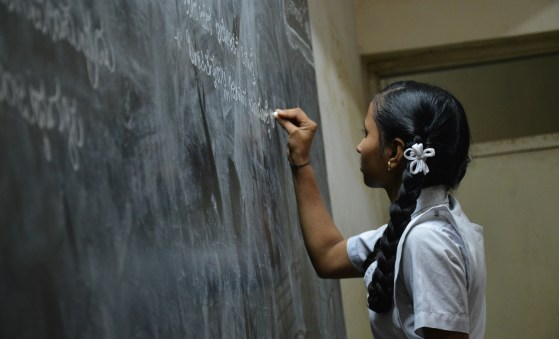As World Water Day approaches on March 22, Gospel for Asia is working to combat the water crisis by distributing BioSand water filters and digging Jesus Wells in areas lacking clean water.
In India, one third of the population does not have access to safe drinking water. According to a recent WHO report, every year around 783,000 people die due to contaminated water and poor maintenance of water resources.
To overcome the crisis, GFA is distributing the all-natural, man-made BioSand water filters that use concrete and sand to remove impurities from even the most contaminated water and provides families with water that is 98 percent pure.
Besides filters, the ministry is also digging Jesus Wells, a cost-effective way to provide fresh water source for villages, allowing even the poorest and most marginalized peopleâ€"like the Dalits to draw clean water.
While India's growing population will continue to deepen the crisis, the United Nations says people most affected by water-related health problems are those from the marginalized communities as they are "systematically excluded from [water] access by their poverty, by their limited legal rights or by public policies that limit access to the infrastructures that provide water for life and for livelihoods."
Daniel Punnose, vice president of Gospel for Asia, can attest to that fact. "I have seen Dalits walking for miles to get water," he said. "Because of their low status, they are not allowed to draw water from the same source as everyone else."
Gospel for Asia, he said, is demonstrating Christ's love tangibly by providing clean water to communities and people who desperately need it.
The United Nations has designated March 22 as World Water Day. To raise public awareness for sustainable management of water sources, various programs are conducted on the issues of fresh water, climate change and pollution. This year the theme is water and food security.
Currently, there are about 1.6 billion people living in countries with absolute water scarcity. By 2025, two-thirds of the world's population could be living under water stressed conditions. According to the United Nations, South Asia, East Asia and the Middle East are close to exceeding the limits of their water resources.




